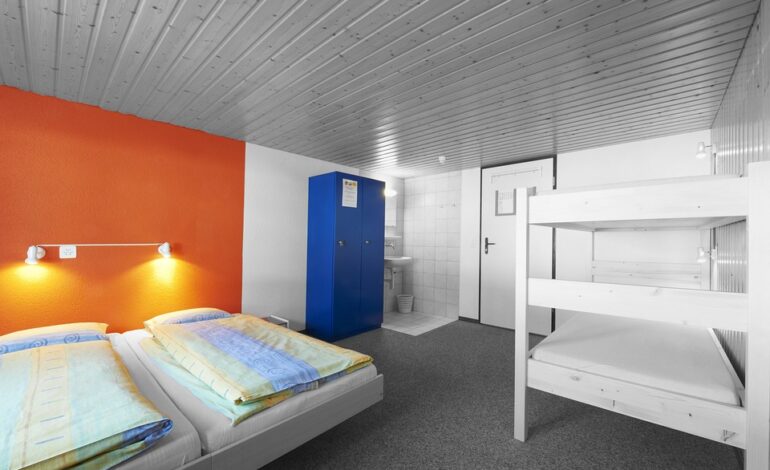Small marsupials called sugar gliders can be found in their native Australia, Indonesia, and Papua New Guinea. These cute, social animals are known for their ability to glide through the air using a membrane of skin between their front and hind legs.
Sugar gliders feed on a variety of foods, including insects, nectar, and sap, in the wild, where they live in large groups and are primarily active at night. Their varied vocalizations, which may include chirping, clicking, and hissing, have also made them well-known.
Sugar gliders make fun and loving pets for their owners. They are best suited to households or individuals who can devote a lot of time, energy, and attention to their care.
Potential owners should do their homework on the care, feeding, and housing needs of sugar gliders before bringing one into their home. Sugar gliders need plenty of room to run around in, so a large cage is ideal, and they should also have access to toys and climbing structures. They need a balanced diet of fresh produce, vegetables, and a premium glider pellet.
Prospective sugar glider owners should also be aware that these pets are susceptible to obesity, dental issues, and parasites, and that they need regular visits to a veterinarian experienced with exotic pets to stay in good health.
If you’re the right kind of person, a sugar glider can be the best pet in the world. Before bringing a sugar glider into their home, prospective owners should give serious thought to whether or not they can provide for the animal’s needs.
In conclusion, sugar gliders are fun-loving, energetic, and engaging pets, but they demand a substantial time and financial investment. With the right amount of love and care, you can develop a deep and meaningful bond with one of these fascinating creatures.
Sugar glider lifespan
When kept in good conditions and fed a balanced diet, sugar gliders can live for 10–15 years in captivity. However, their lifespan can be shorter if they are not provided with proper care or if they develop health issues.
Sugar glider owners should be aware of the unique requirements of their pets. This includes providing a large, enclosed space such as a cage for them to live in, as well as a varied diet consisting of fresh fruits, vegetables, and a high-quality glider-specific pellet. In addition, taking your sugar glider to a vet who specializes in caring for exotic pets on a regular basis will help to guarantee that your pet receives the attention it needs to stay healthy.
Proper care and attention can help to ensure that sugar gliders live a long and healthy life, and can provide a rewarding and fulfilling relationship for their owners.
What is a sugar glider?
Originally from Australia, Indonesia, and New Guinea, sugar gliders are the smallest of the marsupials. They have a thin skin membrane between their front and back legs that allows them to glide through the air.
What do sugar gliders eat?
Sugar gliders eat a wide range of foods in the wild, including insects, nectar, and sap. Pet gliders need a balanced diet that includes fresh produce and a premium glider pellet. Health problems can develop if sugar gliders are fed processed or sugary foods.
How do I care for a sugar glider?
The health and happiness of sugar gliders depends on meeting their unique housing, dietary, and medical requirements. They require a large, enclosed space (a cage) with climbing structures and toys to keep them active and mentally stimulated. They need a balanced diet of fresh produce, vegetables, and a premium glider pellet. In addition, taking your sugar glider to a vet who specializes in caring for exotic pets on a regular basis will help to guarantee that your pet receives the attention it needs to stay healthy.
Are sugar gliders good pets?
For the right person, a sugar glider can be a loving and entertaining pet. They are best suited, however, for families or individuals who can devote a great deal of time and energy to their care because they require a great deal of attention and social interaction. In addition, their well-being depends on the provision of adequate housing, nutrition, and medical care. Before bringing a sugar glider into their home, prospective owners should give serious thought to whether or not they can provide for the animal’s needs.
How long do sugar gliders live?
When kept in good conditions and fed a balanced diet, sugar gliders can live for 10–15 years in captivity. However, if they are not given the proper care or if they develop health problems, their life expectancy may decrease. Proper care and attention can help to ensure that sugar gliders live a long and healthy life.



